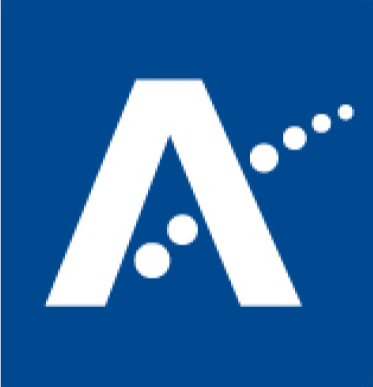Literacy/Dyslexia
Understanding and Supporting Learners with Dyslexia and literacy difficulties
Dyslexia can be described as a continuum of difficulties in learning to read, write and/or spell, which persist despite the provision of learning opportunities. These difficulties often do not reflect an individual’s cognitive abilities and may not be typical of performance in other areas. The impact of dyslexia as a barrier to learning varies in degree according to the learning and teaching environment, as there are often associated difficulties such as:
- auditory and /or visual processing of language-based information
- phonological awareness
- oral language skills and reading fluency
- short-term and working memory
- sequencing and directionality
- number skills
- organisational ability
Dyslexia exists in all cultures and across the range of abilities and socio-economic backgrounds. It is a hereditary, life-long, neurodevelopmental condition. Learners with dyslexia will benefit from appropriate intervention and targeted effective teaching, enabling them to become successful learners, confident individuals, effective contributors and responsible citizens. Dyslexia Scotland
Aberdeenshire Council is committed to supporting all children and young people to flourish in education and achieve their full potential. It is important for learners to be supported by staff who have access to high quality professional development opportunities. A Professional Learning Framework for Education Staff has been developed to ensure that there is an Aberdeenshire-wide core level of knowledge, understanding and skills across the education workforce to help staff support the needs of learners with dyslexia.
The Aberdeenshire Dyslexia Toolkit comprises Collaborative Procedures for Identifying Dyslexia Guidance and Additional Practitioner Support. These are aligned with the National Addressing Dyslexia Toolkit.
The CIRCLE Framework includes guidance for setting up an inclusive classroom as well as practical advice and strategies to enable teachers to identify, and remove, potential barriers which might prevent children and young people from engaging fully in their learning.
The Aberdeenshire Dyslexia Self-Evaluation Tool enables schools to reflect on how well learners with dyslexia are understood and supported. It can be used alongside The Aberdeenshire Addressing Dyslexia Toolkit, How Good Is Our School? (HGIOS4), The Aberdeenshire Professional Learning Framework for Supporting Learners with Dyslexia and the online learning modules Dyslexia and Inclusive Practice which support GTC Scotland Professional Standards and Professional Recognition.
 Education and Children's Services
Education and Children's Services